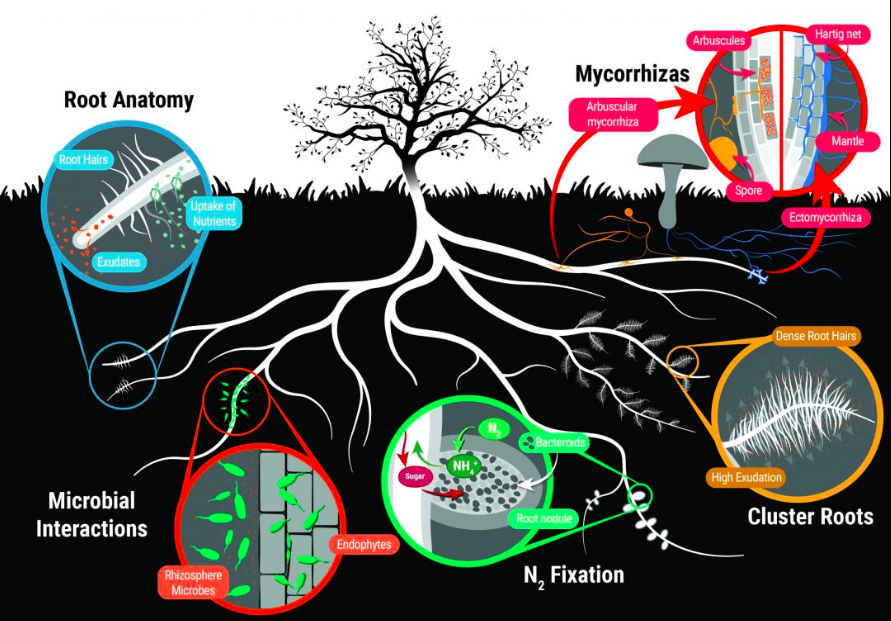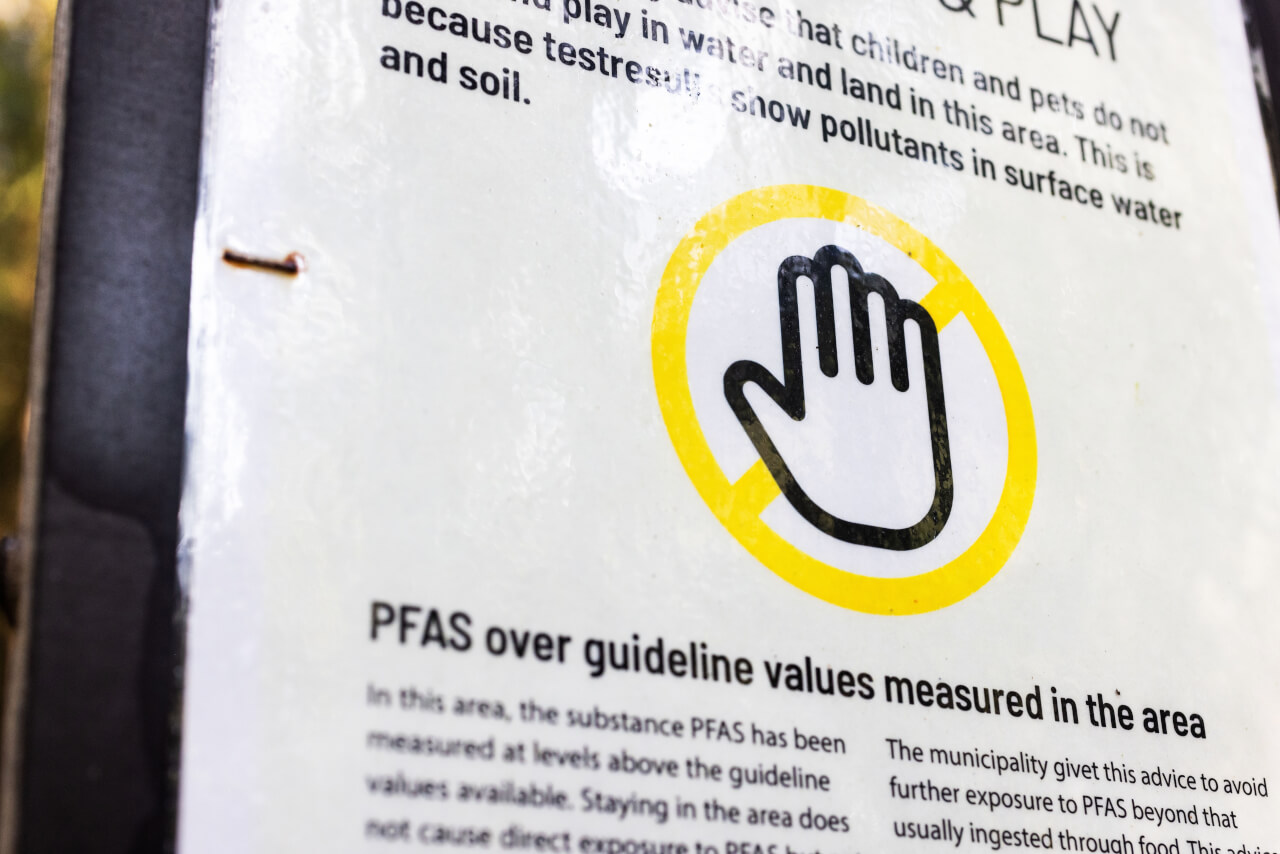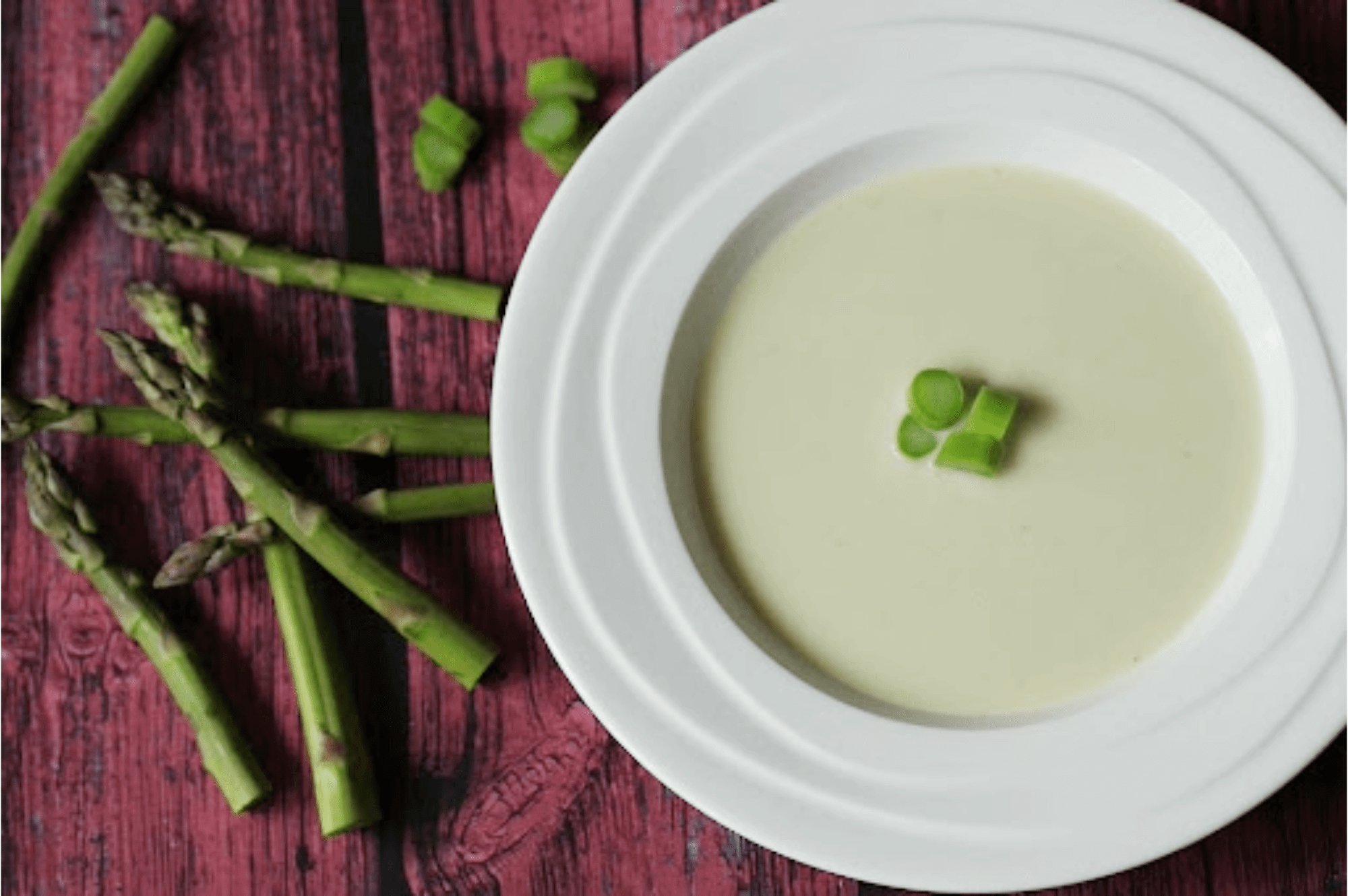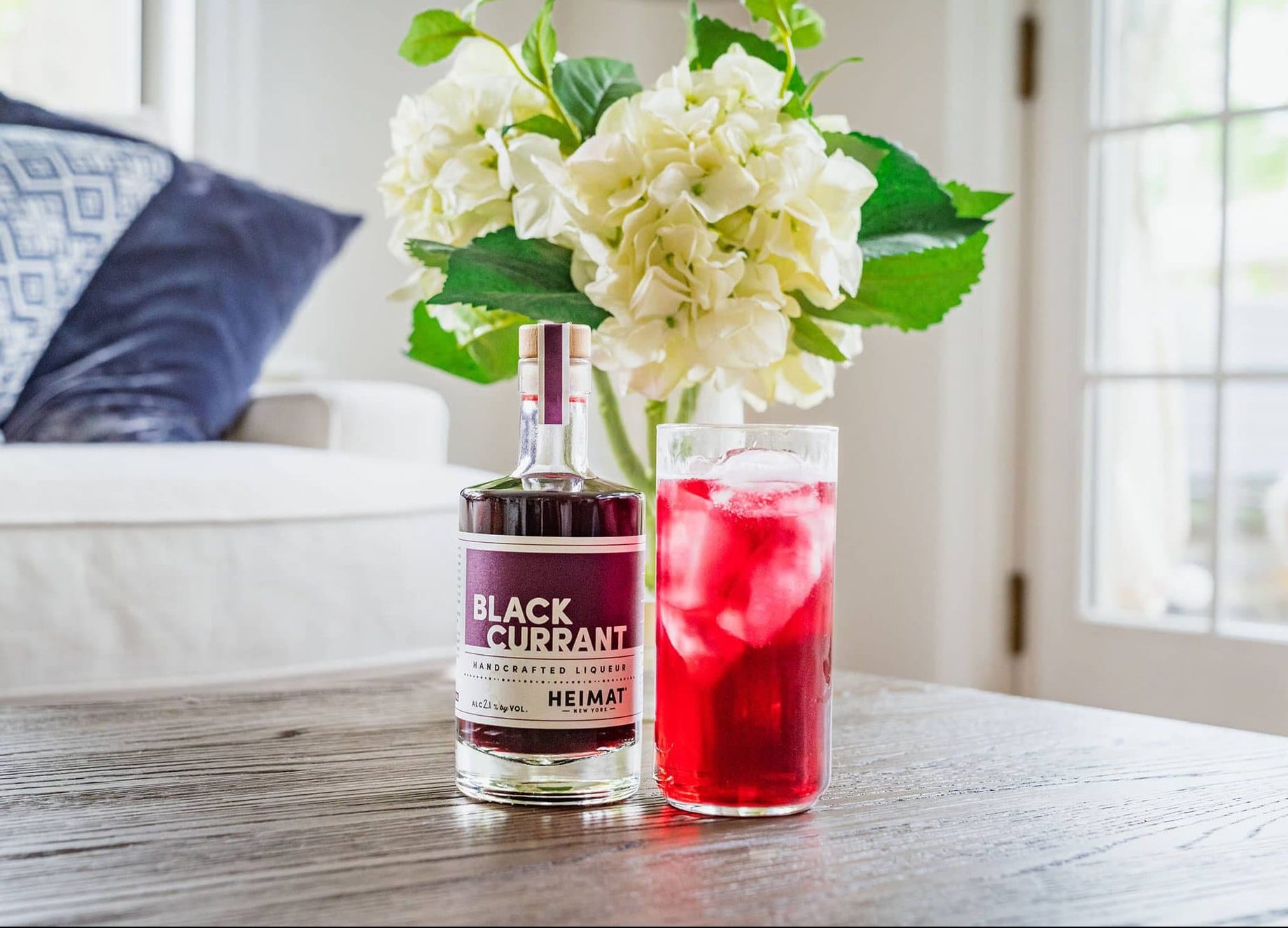[ad_1]
Mireia Pujol-Busquets spent her childhood surrounded by grapes. Her father, Josep Maria, based the household’s vineyard, Alta Alella, in 1991. The present 50-hectare farm, in Barcelona’s Serralada de Marina Pure Park, centered on licensed natural farming strategies, creating natural wines starting from orange and pet-nat to conventional cava. Her mom, Cristina, was the proprietor of Cristina Guillén Selecció de Vins, a wine store, additionally in Barcelona. She, nonetheless, took a distinct route and after a lifetime surrounded by all issues wine, went to Universitat Autonoma de Barcelona (UAB) to check biology.
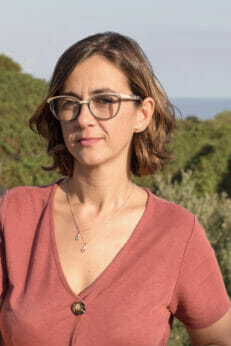
Mireia Pujol-Busquets. Pictures courtesy of Alta Alella.
After graduating, Pujol-Busquets labored for the United Nations in Thailand, specializing in environmental and agricultural points. It was by that have that she realized she was happiest not in an workplace however actively doing area work and getting her arms soiled. Her travels subsequent took her to Switzerland in 2010, the place she studied hybrid crops at an natural analysis middle. There, she realized she needed to enact actual change because the wine business was dealing with illness, local weather change and new types of parasites.
“[The Swiss research center had a] small vineyard and, on this small vineyard, they work with hybrids, totally different sorts,” she says. “I had the chance to see how, thanks to those varieties, they will work organically—and [work] effectively,” she says.
She returned to Spain and enrolled in a Masters program in natural agriculture, adopted by a Grasp’s in viticulture, whereas working at her household’s vineyard on the weekends. Pujol-Busquets started serious about the wine world long-term; of the generations previous to herself and the generations after that can proceed winemaking. And that’s when she realized she must change the world, beginning along with her personal two arms.
“I wanted to search out grapes that would dwell within the [new, warmer] situations. So, we received involved with researchers which have expertise in hybrids and two extra wineries after which we began this undertaking,” she says.
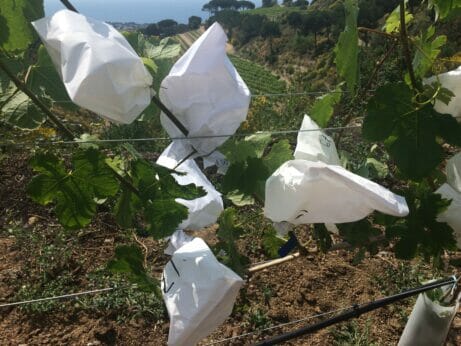
Pictures courtesy of Alta Alella.
The undertaking to which she’s referring, Resistant and Autochthonous Varieties Tailored to Local weather Change, was launched 12 years in the past and is ongoing, growing varieties which are immune to plagues similar to powdery mildew and downy mildew and have extra drought tolerance. She was particularly seeking to create crops that will be more and more tailored to local weather change with out having to deal with the soil or the vines. To do that, Pujol-Busquets and her crew of about 10 individuals (who additionally multitask within the vineyards, she says) planted greater than 5,000 seeds in greenhouses in Thailand, the place the excessive humidity would mimic excessive situations. The hybrids on this examine integrated a wide range of grapes, together with Xarel-lo, Macabeu and Parellada. From there, it was, fairly actually, survival of the fittest.
“We did about 300,000 totally different crossings of those varieties. Those that had been probably the most resistant ones we planted on the sphere,” she says. ”It was the resistance to illness and temperature modifications that had been valued.” Pujol-Busquets then began making small batches of wine from these hybrids to see how they behaved by way of acidity and alcohol. Then, there was a closing take a look at to see if the crops organoleptically speak—that means, they might have the identical style, colour, odor and really feel of the crops from which they had been derived.
“They need to look actually, actually alike or similar to the mom plant. We needed to discover the sons and the daughters of those crops; they’re stronger, however they’ve the traits of the mother or father plant,” she says. Whereas the examine has obtained 400 crops throughout this course of, Pujol-Busquets notes that the objective is to finish up with the 12 strongest that the majority resemble the origin plant.
Now, the subsequent problem is legalizing these grapes and having them be accepted as a brand new biodiversity, she says. Nevertheless, that is an uphill battle. Pujol-Busquets notes that a part of the problem is native custom in Spain, specifically the Catalonia area, and maintaining the identical vines.
Pujol-Busquets sees such a examine as replicating what would have naturally occurred had been people not on the planet—if vines had been left alone to develop, change and adapt on their very own. Pujol-Busquets explains that as natural agriculture and looking for methods to create the most effective product with minimal—if any—intervention is essential to each the upkeep and progress of the wine business.
If something, she is hoping this examine will encourage others—PhD college students, viticulturists, winemakers and even native administrations—to have a look at sustainable farming within the wine business with new, contemporary eyes and take the next generations into consideration when making right now’s selections. “We now have to evolve,” she insists. “We now have to do what we are able to do and we now have to strive new issues, new strategies.”
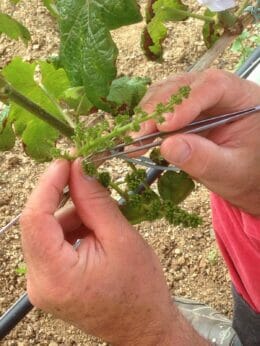
Pictures courtesy of Alta Alella.
Whereas Pujol-Busquets works to do her half to make a distinction, particularly in Spain, there are different growers and researchers around the globe who’re additionally preventing the nice battle throughout the wine business. In Sonoma, CA, Chalk Hill has labored with a clonal examine of Chardonnay since 1996, lastly registering Clone 97 in 2003. The model labored alongside College of California, Davis to make these inroads. In Tuscany, Italy, Banfi can be attempting to battle local weather change by viticulture, says normal supervisor Enrico Viglierchio. “We now have been in a position to tailor our method to viticultural exercise based mostly on how particular varieties are impacted by the altering patterns in temperature and water,” he says in an e mail, noting that the crew is working with the College of Milan on experimental rootstock that is ready to carry out underneath vital hydric stress situations.
Pujol-Busquets explains that it might have been simpler to tug crops from different elements of the world to Spain. There are crops that winemakers already know are extra resistant and stronger than clones. Nevertheless, in Catalonia, there’s a heritage to uphold that’s essential to the wine world. And, that heritage is one thing that Pujol-Busquets wished to make sure wouldn’t be misplaced for future generations. “There may be custom. There may be tradition. And it took a very long time to construct that tradition, a very long time to construct that basis. So, let’s attempt to be sensible and never lose it.”
[ad_2]
Source link


